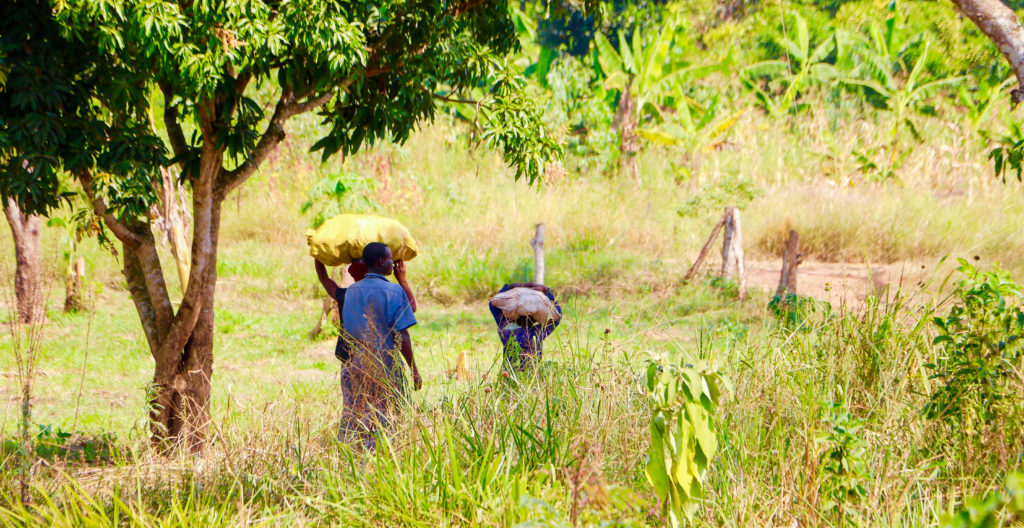BLI is located in central Uganda, in the Kasana Luweero Diocese. The Institute rests on 85 acres of land on the southern end of the village of Luweero. Luweero is about 60 kilometers north of the capital, Kampala, the land is very near the Kampala-Gulu highway, a major Ugandan thoroughfare.
BLI’s location in Luweero is strategic for at least two reasons. First, Luweero was the site of some of the bloodiest clashes in Uganda’s prolonged civil war (1980-1986). The effects of the civil war, which left tens of thousands dead, homes destroyed and many people displaced, are still visible. Secondly, Luweero provides a good lens into the problems of deforestation, food insecurity, and poverty which are experienced in much of rural Uganda.
Uganda has the 4th fastest growing population on earth, growing from 24.5 million people in 2002 to 34 million in 2012. 50% of the population is under the age of 15. Uganda’s growing population, coupled with inadequate or nonexistent government energy and ecological policies, has led to mass and rapid deforestation as trees are cleared for firewood and for unsustainable farming practices. Global warming, reduced and irregular rainfall, and depleted top soil cover has already created a crisis of reduced food production. As the land becomes more arid and less productive, families seek bigger plots of land to grow food. Land issues are increasingly becoming a major source of conflict in Uganda. The lack of viable economic activities in rural Africa is a major challenge especially for the youth. Those who are somewhat educated feel there is nothing for them to do in the villages – and often end up in slums on the city edges. Those who remain in the village engage in ecologically disastrous tasks like charcoal burning and brick-making, which involves the cutting of trees and digging out of marshes. The lack of viable economic options not only contributes to the ecological crisis, it undermines the dignity of millions of African young people, who increasingly feel unwanted, excluded and a failure.
In 1981 Uganda’s current President, then gorilla militia leader, Yoweri Museveni launched his campaign to overthrow the government from Luweero, moving towards the capital, Kampala. His campaign left tens of thousands dead, and carved out an especially bloody history for the area.
Yoweri Museveni became President of Uganda in 1986 and remains President today. Under his administration the civil war ended, and now that most of Joseph Kony’s LRA militia has disintegrated in northern Uganda, the country is at relative peace. While peace has come to Uganda, prosperity has not.


